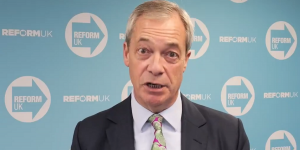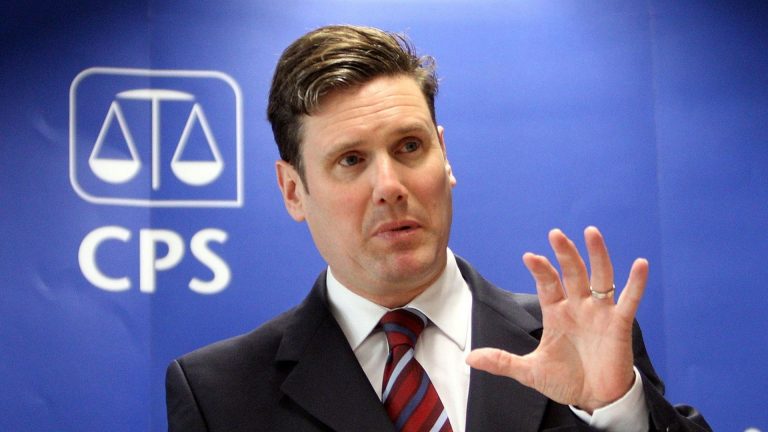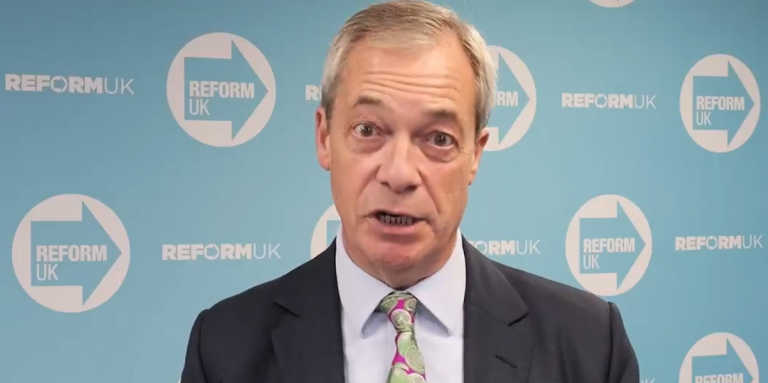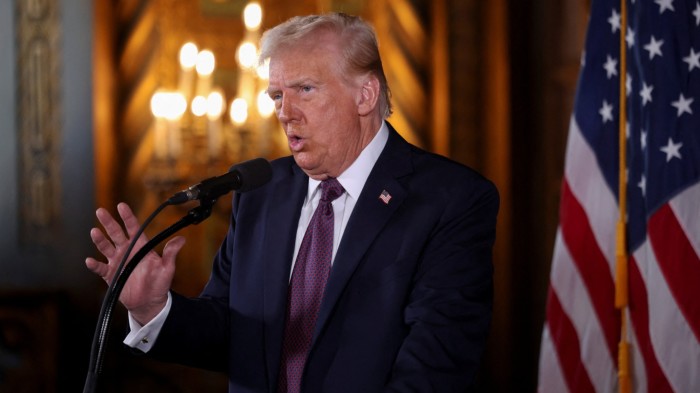Sir Keir Starmer has been urged to intervene as a leading theatre company has warned that even performances of Shakespeare in the EU are at risk in the wake of Brexit.
White Horse Theatre, Europe’s largest educational touring theatre, has provided English-language performances to schools and theatres across Europe for nearly half a century – but rising costs, logistical challenges, and the long-term instability caused by Brexit now threaten its future.
At its peak, the company employed 32 professional actors and performed for half a million students annually. Since Brexit, this number has declined to fewer than 300,000 students per year, and the company has been reduced to 24 performers.
It may be cut in its entirety if the government doesn’t do more to tackle Brexit red tape for theatres, the theatre company insisted.

Peter Griffith, the founder of White Horse Theatre, told The Independent “urgent solutions are needed to ensure the survival of initiatives like ours that enrich so many lives”.
He explained that Brexit has made it “increasingly difficult to bring British actors to European schools, reducing student audiences, and forcing significant price increases”.
It comes as Sir Keir Starmer attempts to pursue a reset of relations with the EU after years of tense relations under successive Conservative prime ministers.
While the prime minister has pledged to “make Brexit work” by renegotiating the deal agreed upon by Boris Johnson and pursue closer co-operation with the EU, he has made no guarantees to slash red tape for artists.
Since Brexit, UK citizens are now only able to stay in EU countries for 90 out of every 180 days unless they apply for a temporary long-stay visa which lasts up to six months at a time or permanent residency.
“The dramatic decline in the number of students we can reach is a stark reminder of how much is at stake”, Mr Griffith said.
“Coupled with rising costs and the risk of pricing ourselves out of reach for many schools, there is a real danger that English theatre could become an art form only accessible to the wealthy.”
He said the uncertainty and instability that has resulted from the UK’s exit from the European Union has made it difficult for the theatre to plan ahead or commit to long-term investments in the company, “further jeopardizing our ability to operate sustainably”.
It comes after a report by the Society of London Theatre (SOLT) and UK Theatre warned that hundreds of theatres face closure and more than 500 museums have shut since the turn of the century, laying bare the true scale of the risk facing Britain’s cultural venues.
Leaders in the sector are urgently demanding major investment from the new Labour government as they grapple with fresh challenges including rising energy bills and the hike to employer national insurance contributions in the Budget.

Brexit has introduced numerous bureaucratic hurdles, from obtaining work permits to navigating immigration processes, which have increased the cost of hiring and operating, Mr Griffith said.
“To cover these higher costs, we have had to raise our prices significantly—a trend that may continue. However, higher prices result in fewer bookings, which in turn spreads our fixed costs over a smaller customer base.
“This creates a vicious cycle that could ultimately make English theatre a luxury affordable only to wealthier schools and families, undermining our goal of making theatre accessible to all.”
Former deputy prime minister Michael Heseltine told The Independent that this case is “another example of the creeping death that Brexit has injected into our economy”.
In 2021, the National Theatre announced it was postponing European tours of its internationally acclaimed productions and actors union Equity released figures showing a third of its members reported seeing casting adverts requiring EU passports.
A letter signed by union members including Ian McKellen and Patrick Stewart published in the same year warned that Brexit poses a greater challenge to the industry than the coronavirus pandemic, calling for new visa terms for artists.
“For a sector that is deeply embedded in the international community – from touring theatre and dance to film, television, and commercials – which must work fast, flexibly and to demand, this is a disastrous blow and will hit those already struggling and marginalised groups the hardest”, the letter said.
The Cabinet Office has been contacted for comment.
























+ There are no comments
Add yours